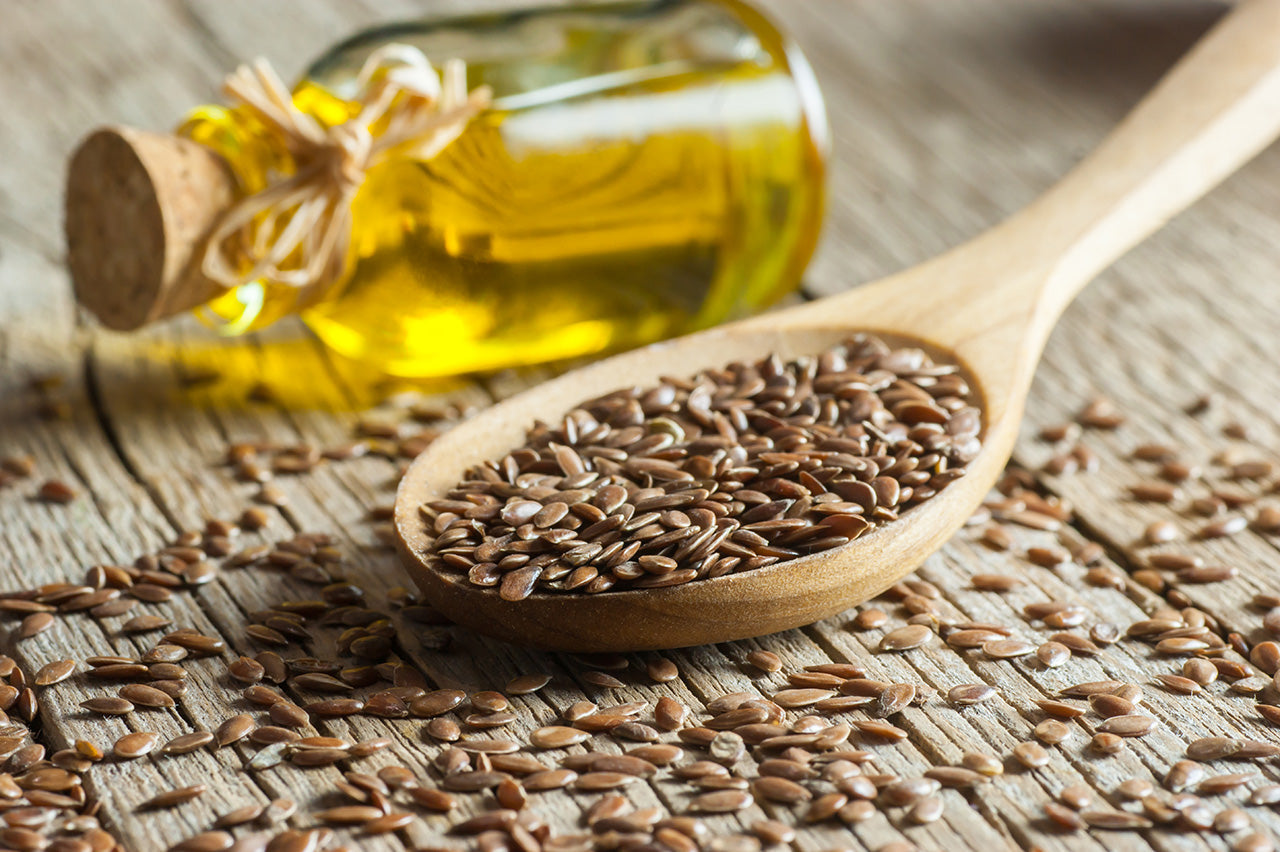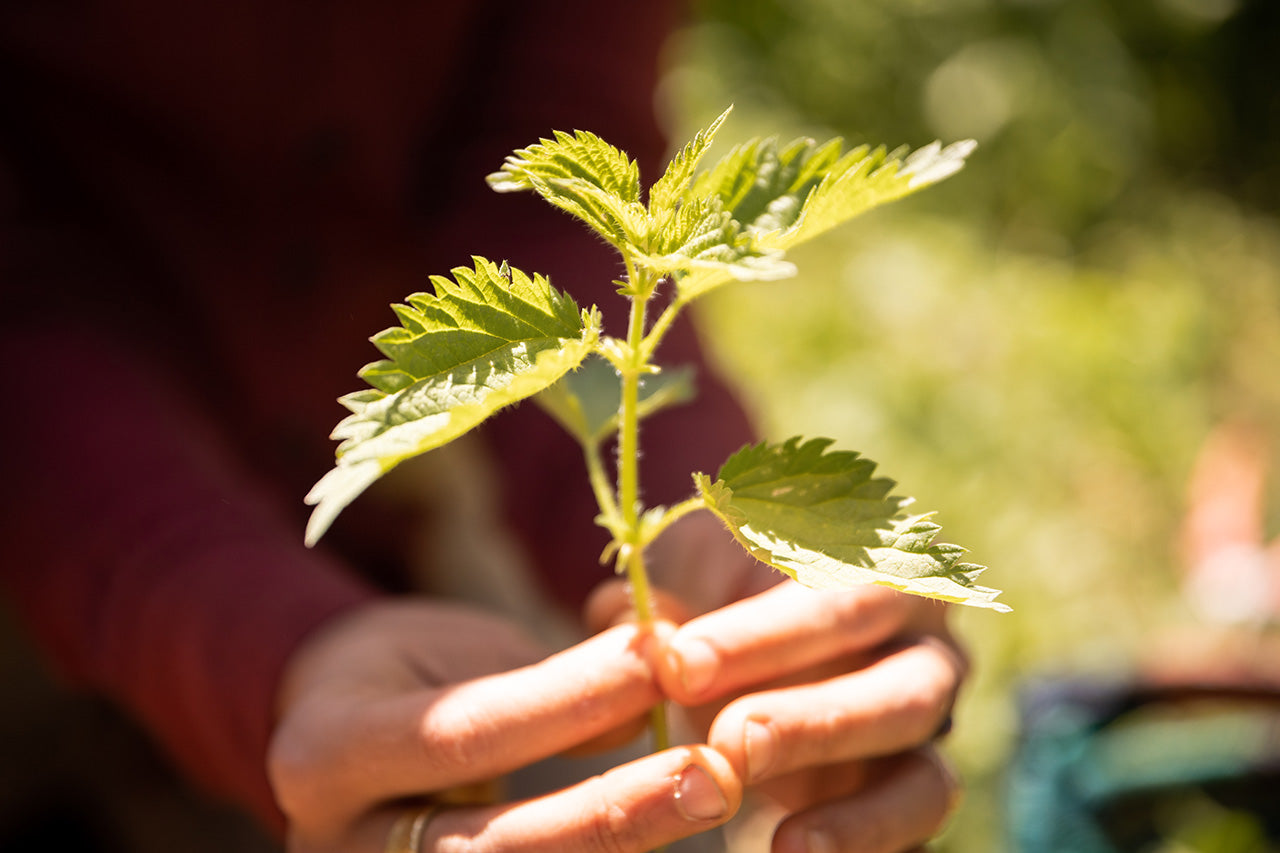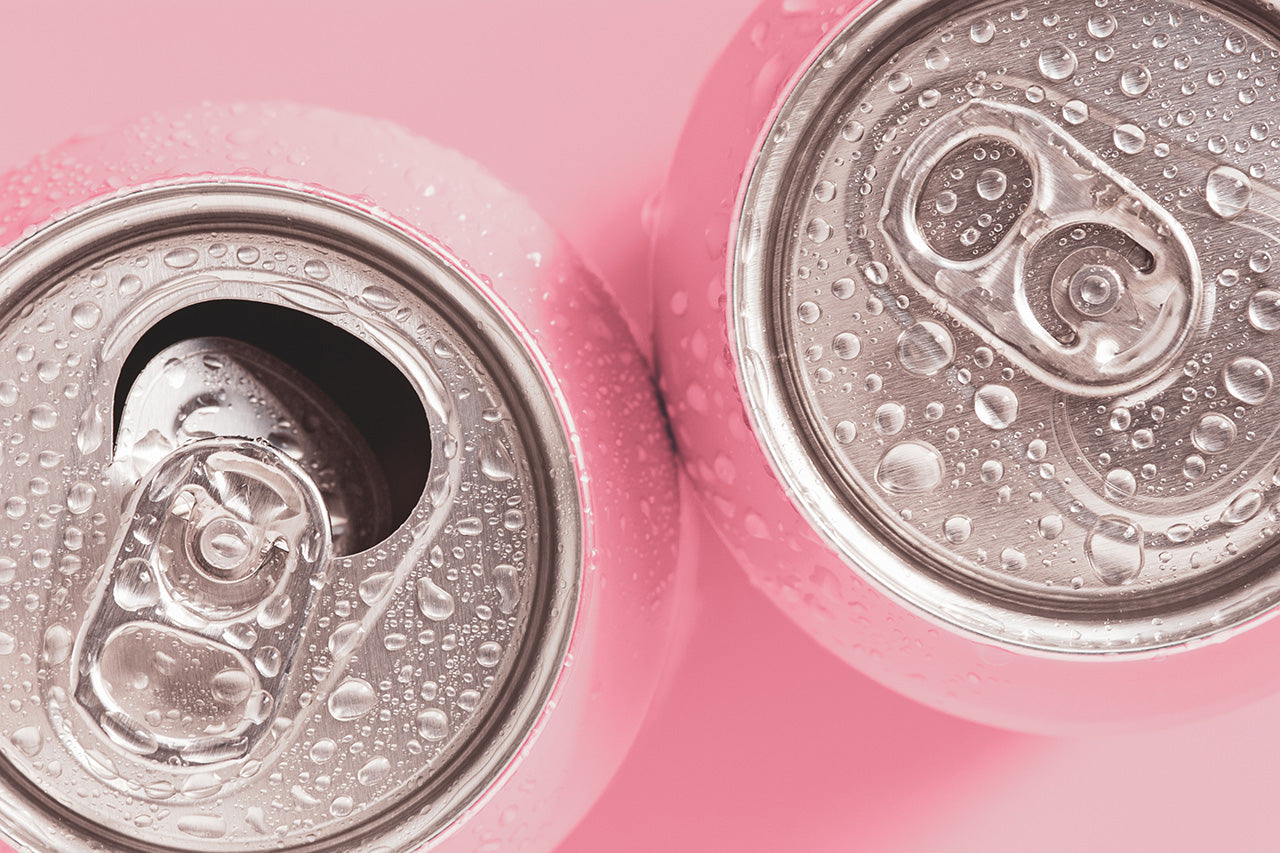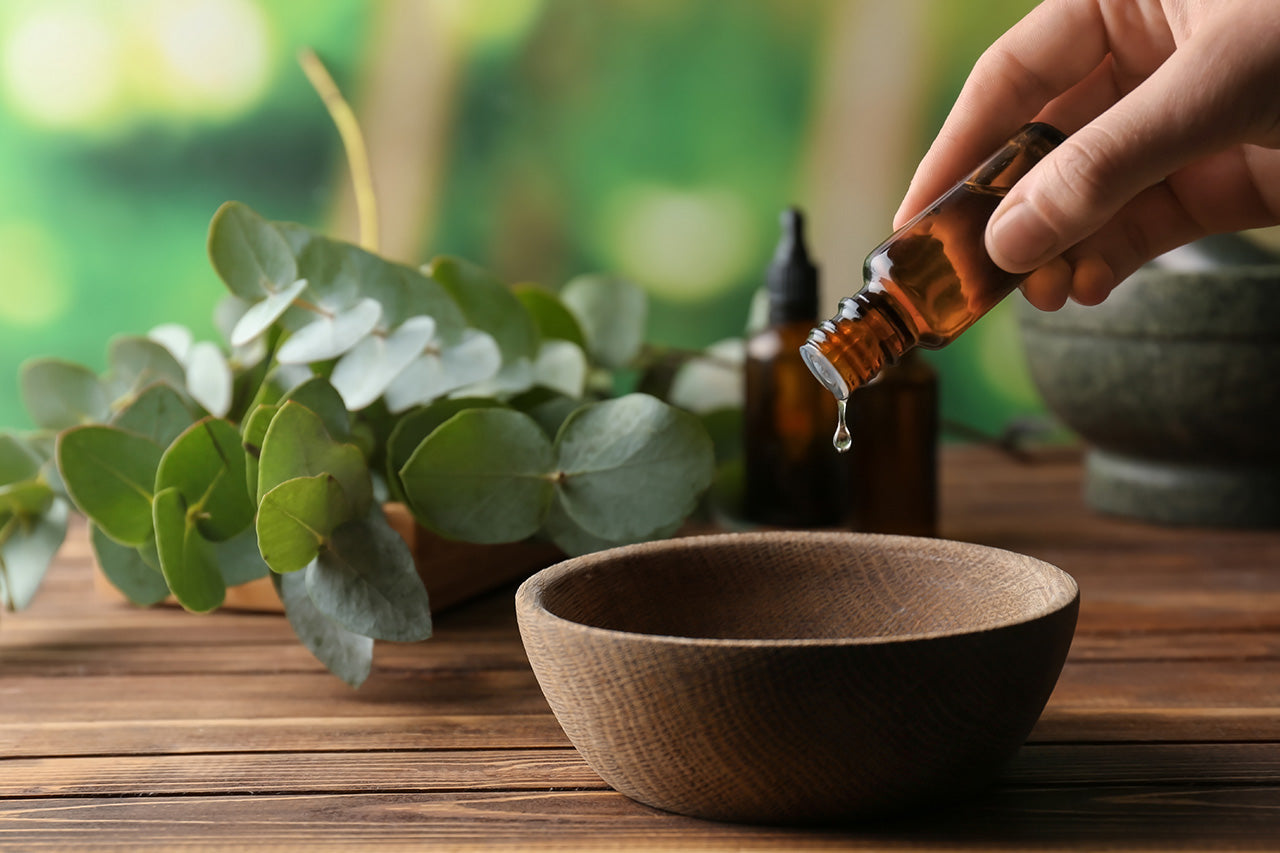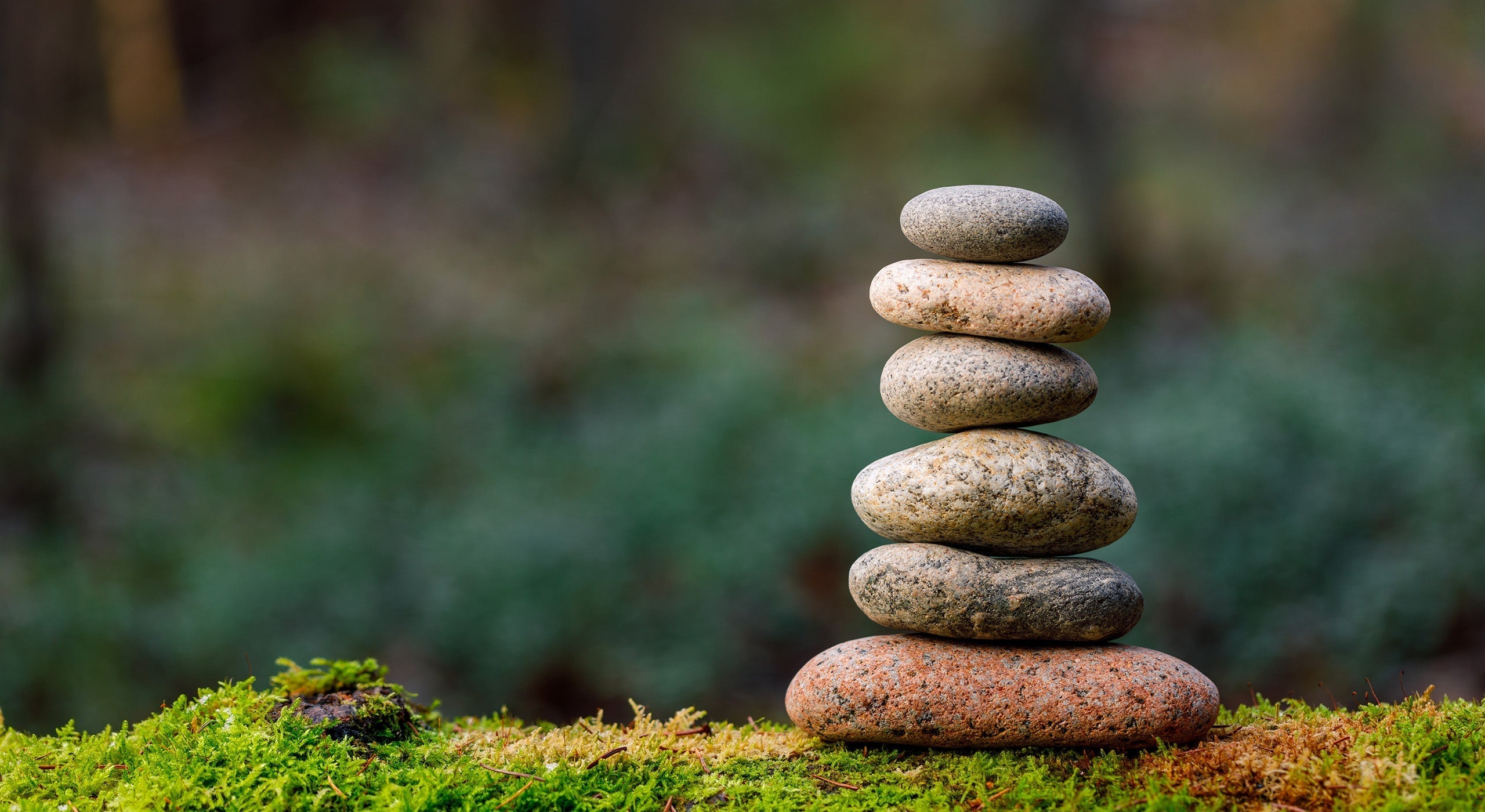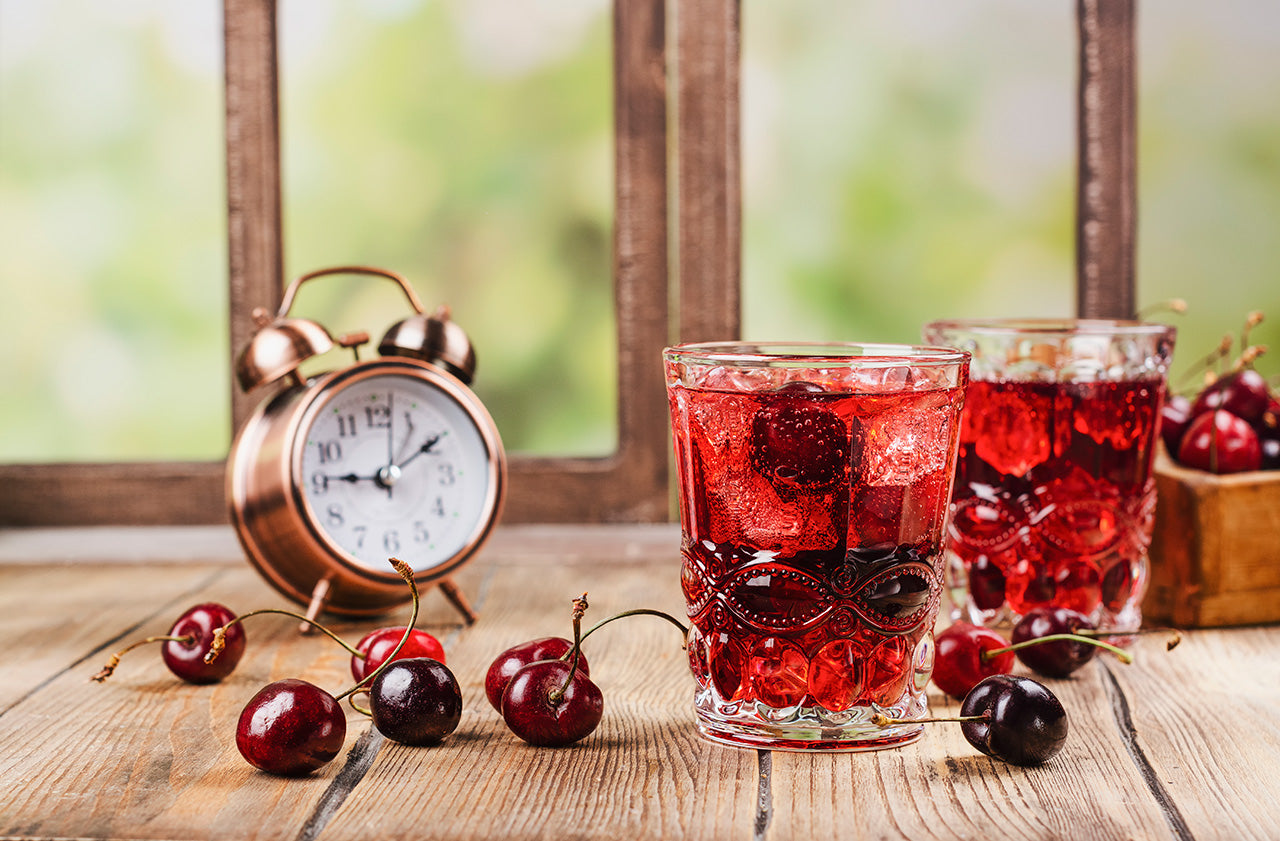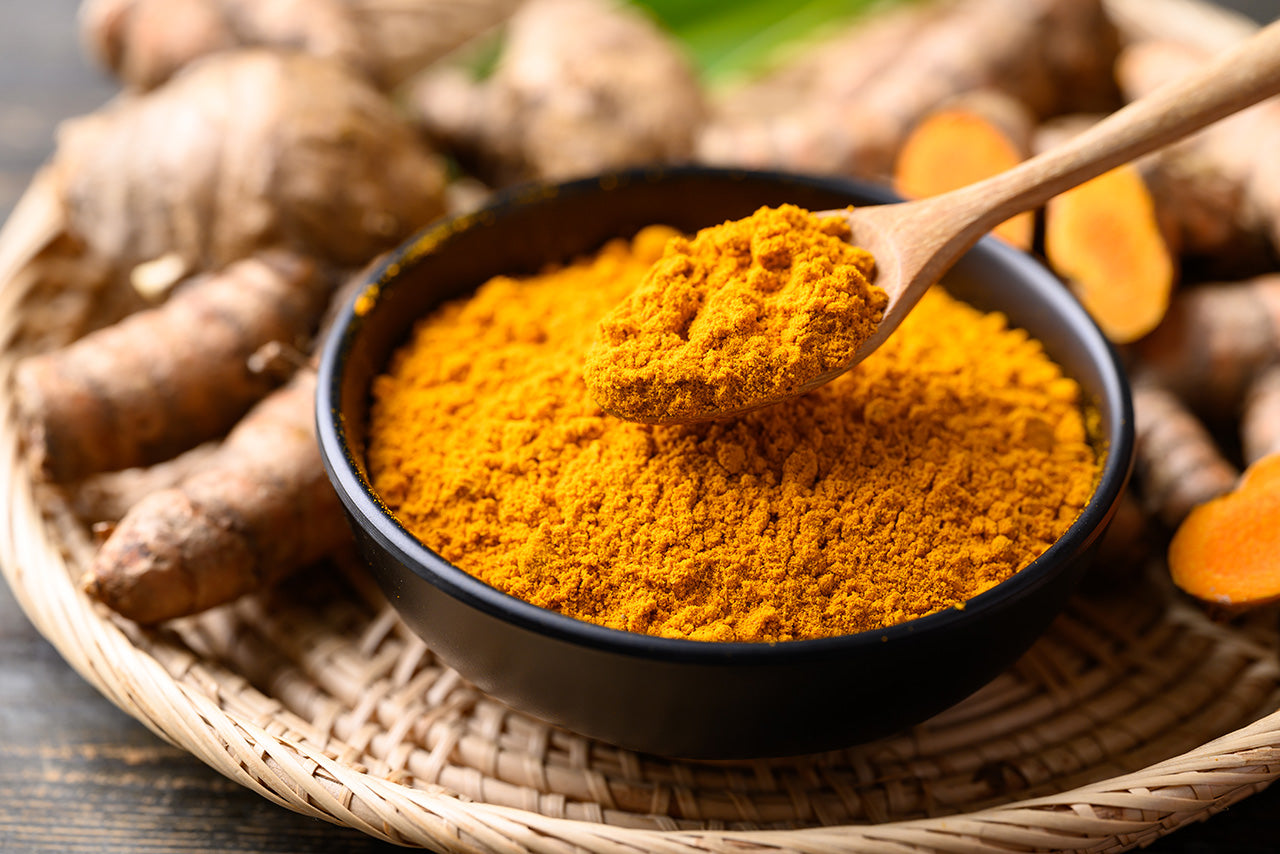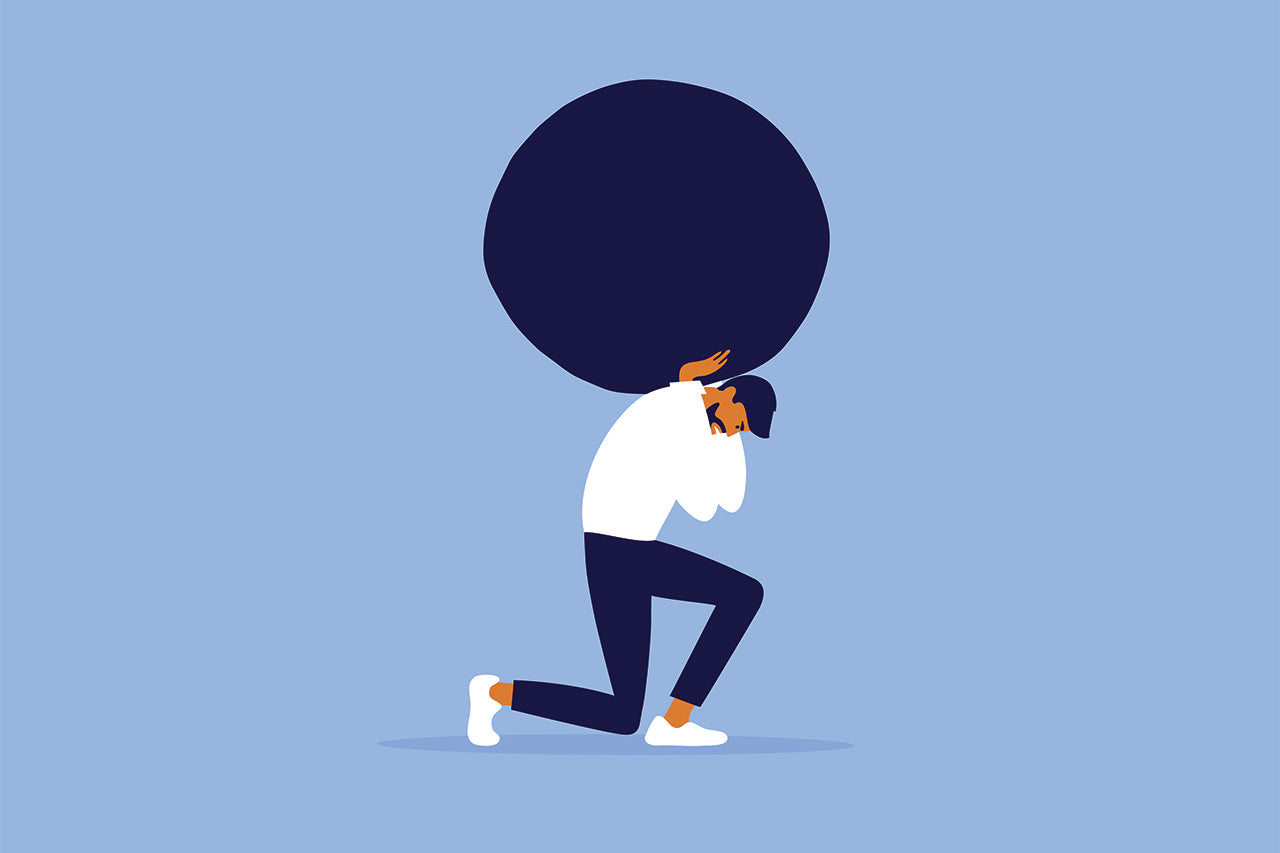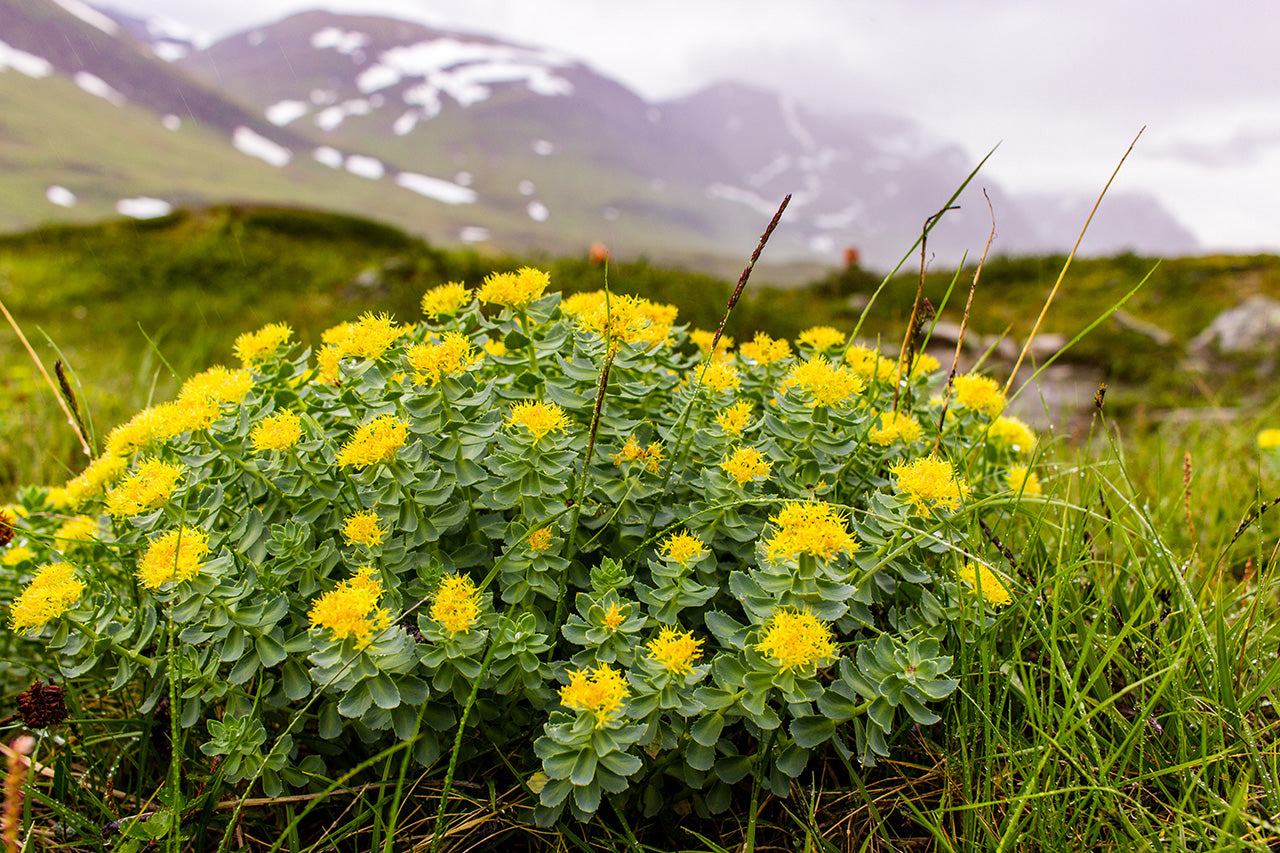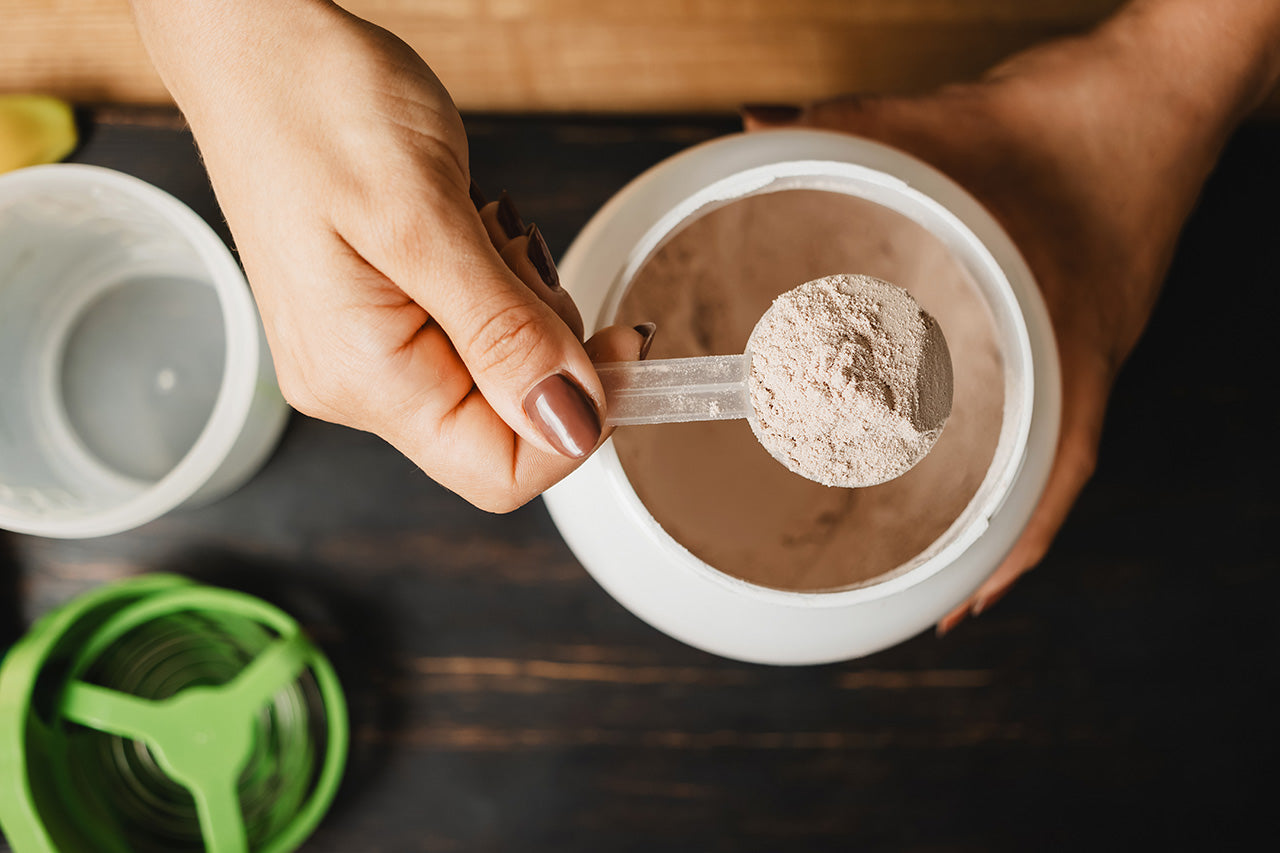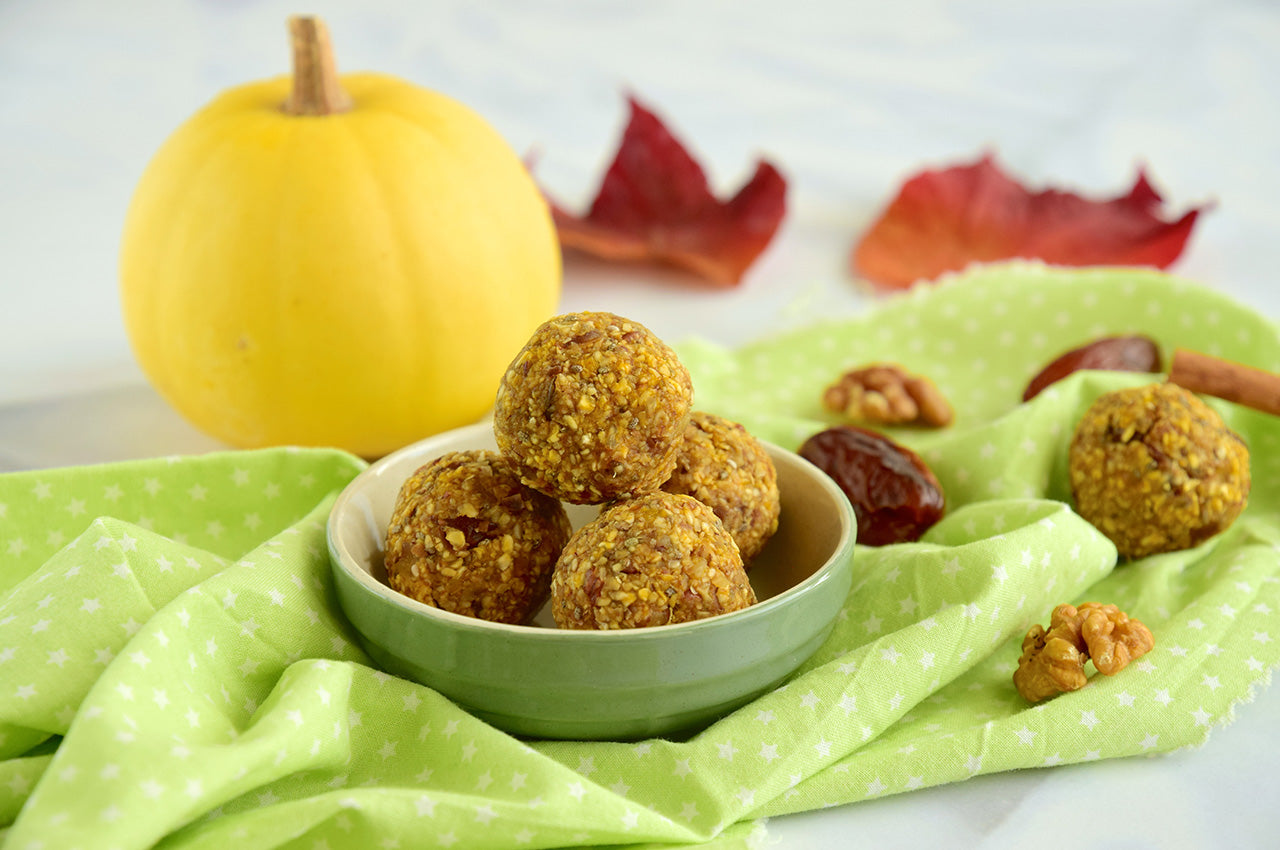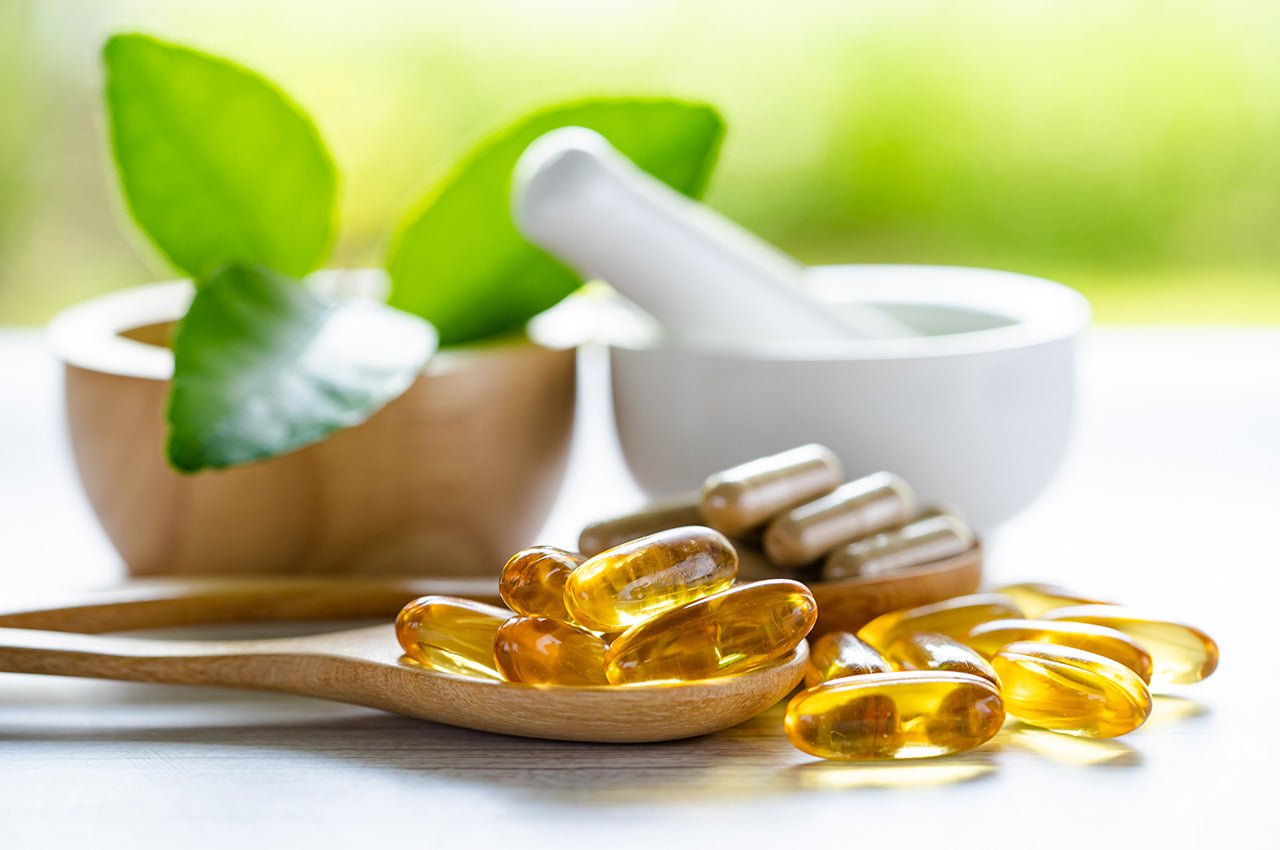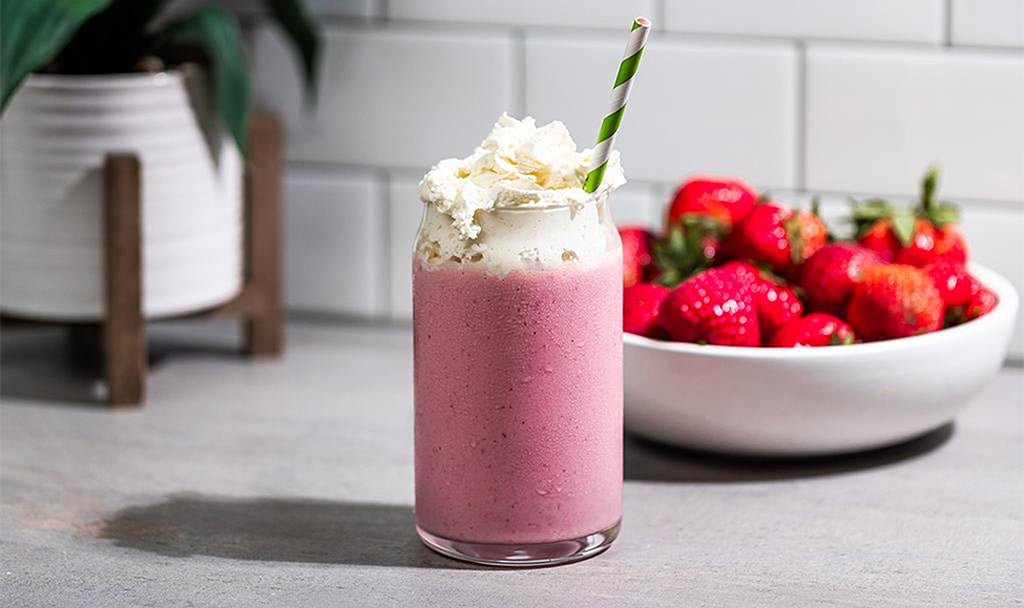
WELLNESS
Rhodiola: The Natural Energy Booster
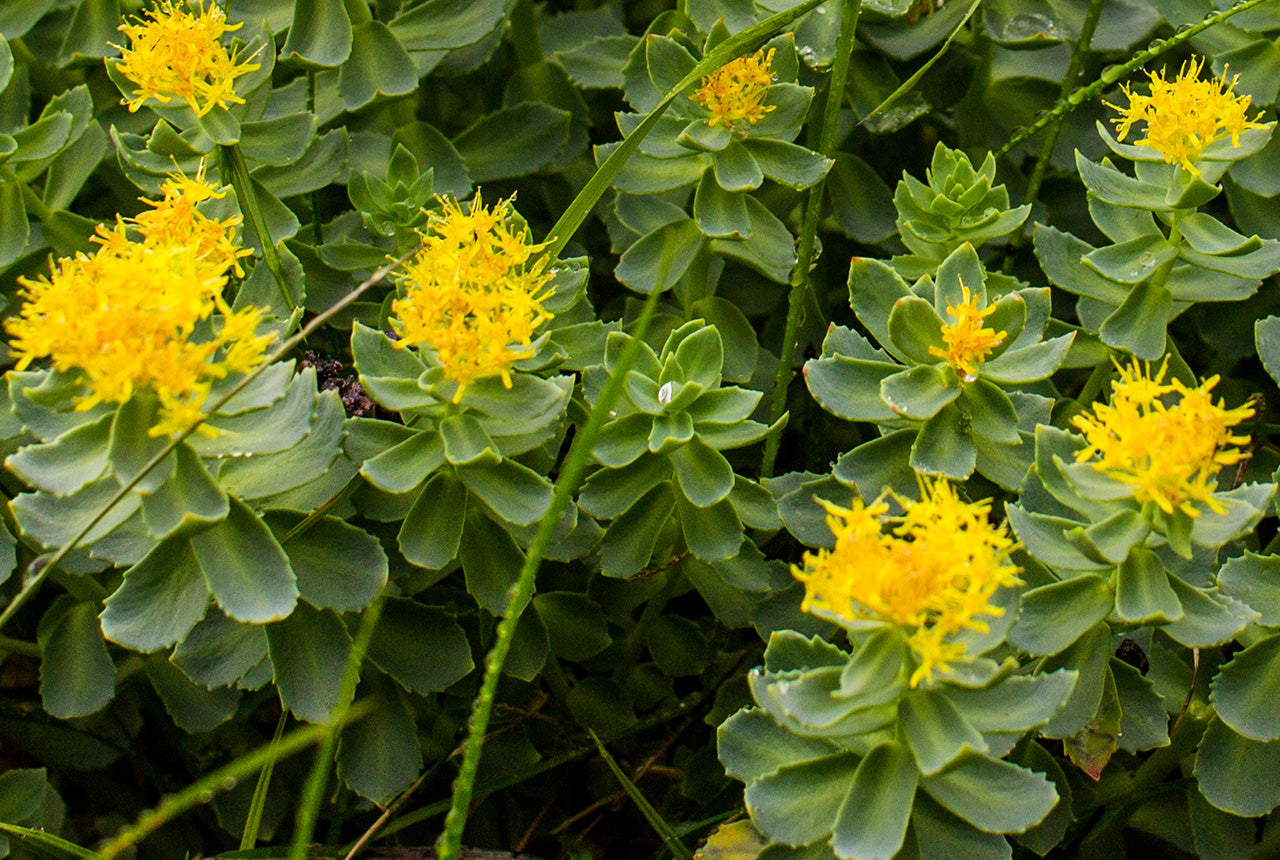
Rhodiola, Rhodiola rosea, sometimes called Rose Root or Golden Root is an adaptogen rapidly growing in popularity. It’s found in the northern, almost polar regions of Russia, Scandinavia, and Canada at elevations of 11,000-18,000 feet. It’s an unassuming, small succulent with bright yellow flowers related to sedums. Its flower has an aroma of roses, hence its species name.
The History of Rhodiola
The medicinal part used is the root, more specifically the dried root. It has long been valued for its medicinal properties, dating back to Vikings using it to strengthen themselves before travel and war. It was even recorded as an official medicine in the first edition of Swedish Pharmacopoeia in 1755.
In Siberia, it was said that those who drink Rhodiola every day will live to be 100 years old. It was especially important during the cold, wet season to prevent colds and long-term lung ailments. In Siberia, a bouquet of Rhodiola is given to newlyweds for fertility and to encourage a healthy birth. Several species have been used in Traditional Chinese Medicine and Tibetan medicine to relieve altitude sickness, enhance energy, and aid the effects of asthma.
Benefits of Rhodiola
Today, Rhodiola boasts many benefits. As previously stated, it’s an adaptogen, which means it helps your body become resilient to stress while being non-toxic, non-specific, and normalizing. However, it doesn’t stop there.
Rhodiola is slightly stimulating leading to energy production, supports your emotional well-being and memory, and can help reduce mental fatigue. Studies have also shown that Rhodiola can support endurance in exercise.
Considerations When Taking Rhodiola
Now that you’re excited to introduce Rhodiola into your daily regime, let’s talk about some considerations, as it’s not always right for everyone.
Most herbalists will recommend taking Rhodiola in a balanced formulation due to its very cooling, drying, and stimulating nature. In our day and age, more stimulation and more energy are what everyone wants (this could be why coffee is the number one beverage in the US). However, at times we need to rest, let the body recover, and grow strong before there is an exertion of energy again.
For those feeling close to burnout or completely drained, Rhodiola might be too stimulating. A nourishing adaptogen like Reishi, Ganoderma lucidum, would be more fitting until a baseline foundation is established.
If you’re a relatively strong individual, even an athlete, taking Rhodiola could be a great addition to your daily regimen. Remember to take it in the morning or early afternoon so you don’t stay up at night.
Some contraindications include people with a bipolar diagnosis, mania, or paranoid anxiety. Keep in mind that Rhodiola is a slow-growing plant and due to its re-found fame, is becoming endangered in the wild. Only purchase high-quality cultivated Rhodiola.
As always, talk to a trusted practitioner well-versed in herbal medicine before starting to introduce new herbs into your practice.
*These statements have not been evaluated by the FDA. This product is not intended to diagnose, treat, cure or prevent any disease.















